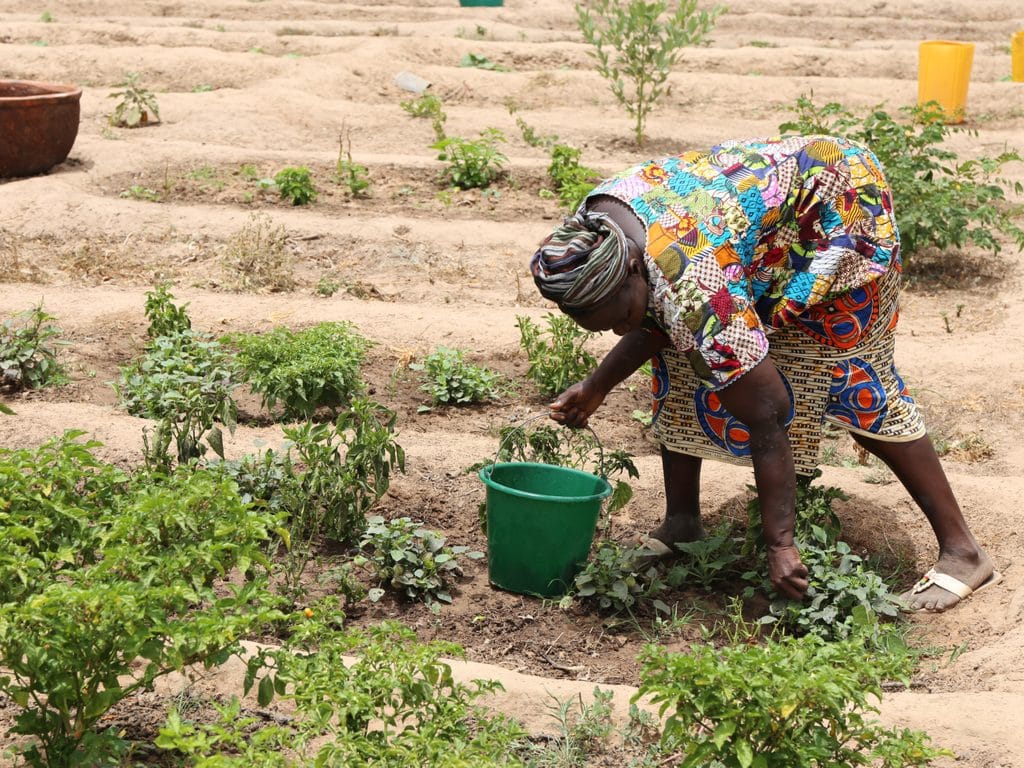Delegations at the 25th United Nations Climate Conference (COP25), held from December 2 to 13, 2019 in Madrid, Spain, expressed their priority needs, depending on where they came from. While the majority of countries in Europe, Asia and the Americas supported approaches to reduce their greenhouse gas emissions, African negotiators advocated for ways to adapt to extreme weather events, many of which are related to the impacts of climate change.
According to the Intergovernmental Panel on Climate Change (IPCC), Africa, which accounts for only 4% of global greenhouse gas emissions, is the continent most affected by the effects of climate change. Seven of the ten countries in the world most exposed to climate disasters are African. In 20 years, from 1995 to 2015, the continent has suffered 136 droughts, 77 of them in East Africa alone.
The challenge for the continent is therefore to find ways to cope with these climate-related disasters and achieve economic development with minimum carbon emissions. These are two objectives that require enormous funds that African countries cannot generate. “Africans are not responsible for the beginning of history in the climate crisis, but they will have a big impact on how it will end,” said Mohamed Adow, leader of the think tank Power shift Africa and a veteran of the UN climate negotiations.
100 billion dollars a year, by 2020?
African countries discussed in particular issues related to the financing of means of combating and adapting to climate change. In 2015, at COP21 in Paris, France, developed countries pledged $100 billion a year to help developing countries from 2020. A report by the Organisation for Economic Co-operation and Development (OECD), however, shows that, for all payments combined, a maximum of $71.2 billion was reached in 2017.
In addition, developing countries are concerned about the sustainability of Green Fund financing, despite promises. Created 10 years ago at COP15 and officially launched in 2011 at COP17 in Durban, South Africa, this fund, which has been considered since COP21 as the real financing body of the Paris Agreement, was to be endowed with $10 billion. At their meeting last October, member countries pledged $9.8 billion for the period 2020-2023, despite the defection of the United States.
COP25 brought together a total of 196 countries. Its main objective was to finalise preparations to support the 2015 Paris Climate Agreement and to continue to raise the level of ambition in preparation for the development of national climate change action plans as the crucial implementation phase in 2020 approaches.
Boris Ngounou
